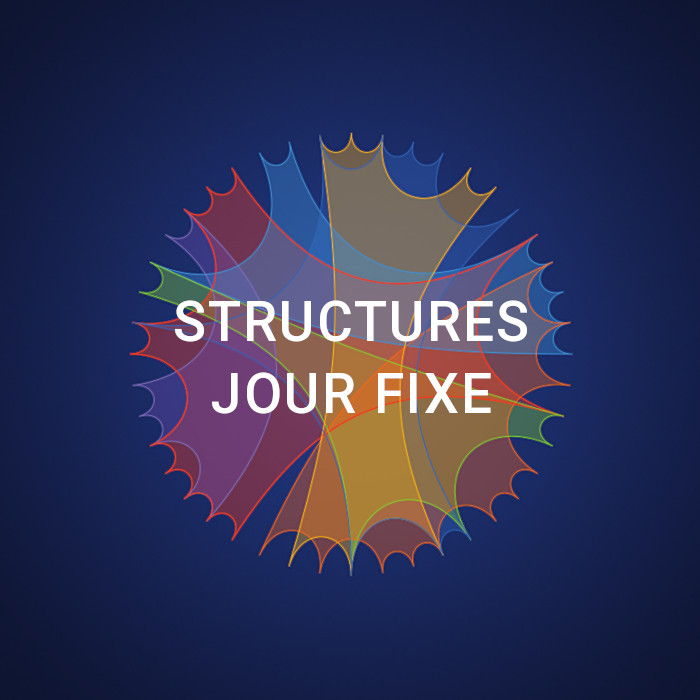
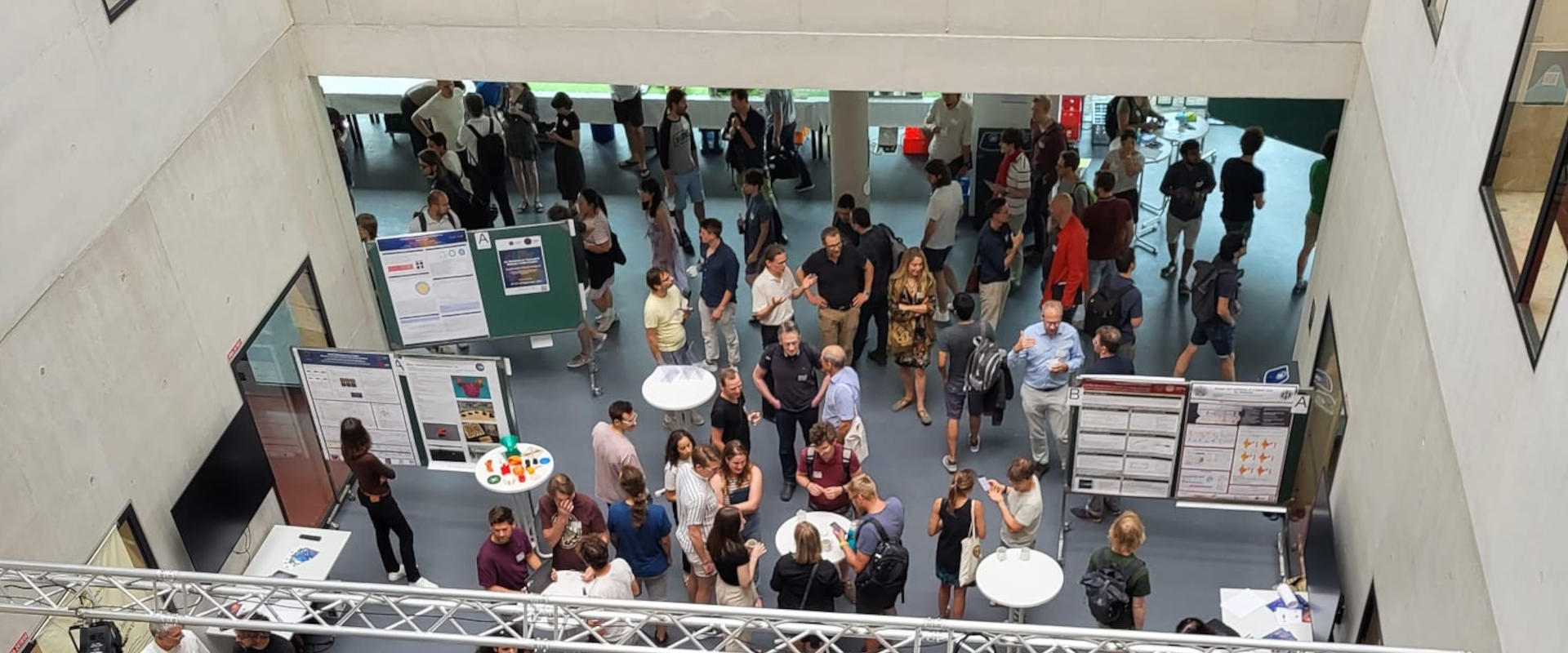

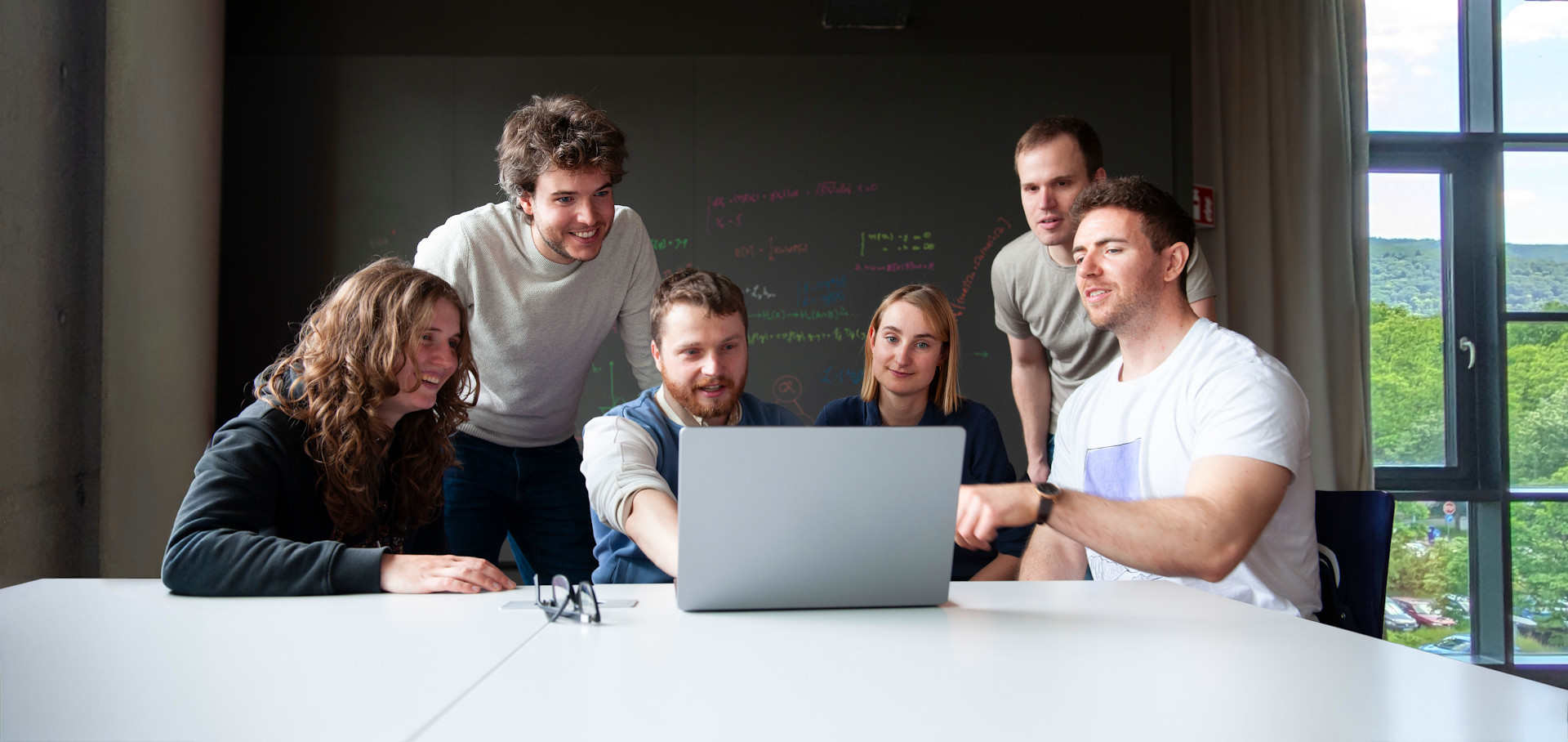

STRUCTURES College is a central focal point within the STRUCTURES Cluster of Excellence for cross-disciplinary, cross-career and international scientific exchange and research-oriented teaching. It hosts international scientific exchange through conferences, guest and topical programmes. It encompasses the STRUCTURES fellowship programme, and bundles research-oriented teaching activities, mutual exchange and transfer as well as STEPS (the STRUCTURES Training and Education Programme for Success) within an academic unit that operates across faculties and interacts with other parts of the university.
The aim of STRUCTURES College is to provide space, time and an environment to meet, focus, interact and collaborate on joint research projects. The College is a place where scientific discourse across disciplines and research groups takes place in research and teaching. As such, it embodies the spirit of STRUCTURES and will pass it on to new generations of researchers. For the duration of STRUCTURES, every member of the cluster is also a member of the College. This includes our faculty members as well as the members of the Young Researchers Convent (YRC). STRUCTURES College will become a permanent facility at Heidelberg University.

STRUCTURES College funds and organizes international conferences, workshops and cluster-internal platforms and activities for scientific exchange, such as the weekly STRUCTURES Jour Fixe – the central meeting point of the STRUCTURES community, fostering interaction among disciplines and across career stages – as well as the STRUCTURES days and several research seminar series such as the CQD Colloquium or the Mathematics & Data Seminar. The activities of STRUCTURES College extend beyond the core areas of the cluster to other fields of focus of Heidelberg University.
Jour Fixe Guest Programme
STRUCTURES College bundles the interdisciplinary research-oriented teaching activities of STRUCTURES. In the past years we have hosted various workshops, lectures, courses and interactive opportunities led by College fellows, along with courses in collaboration with the Scientific Software Center and the graduate schools HGSFP and HGS MathComp. Encouraging early independence of young researchers is a priority, supported by their own budget to invite lecturers and speakers. This goal is further emphasized by our mentoring programme within STEPS – the STRUCTURES Training and Education Programme for Success.
Workshops & Courses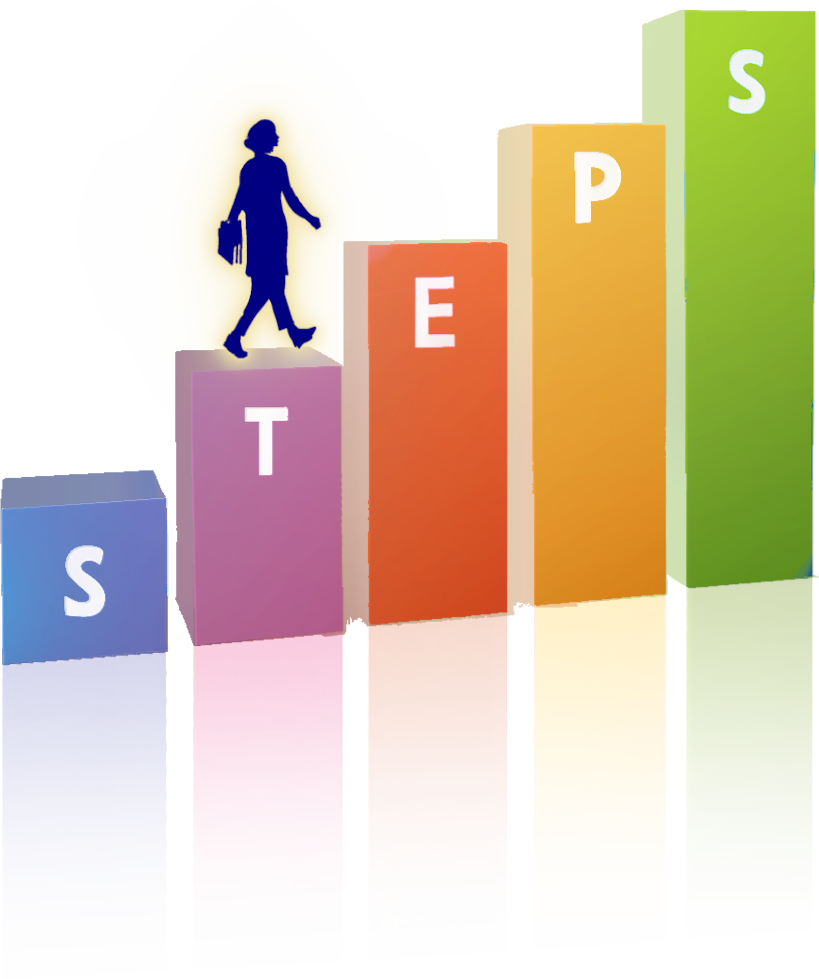
The STRUCTURES Training and Education Programme for Success (STEPS) implements various measures to support young scientists at all levels, to achieve equal opportunities for all women and men in science, and to promote diversity and family-friendliness at the workplace. STEPS implements support programmes, management strategies, and outreach activities are implemented complementary to Heidelberg University's institutional measures. Our approach is based on the fact that a successful career in academia as well as in industry or public service is made by advancing step-by-step, and that each step along the career path requires specific skills and competences. STEPS builds on the rich experiences of our principal investigators in international universities and research institutions. Its main components are a strong mentoring programme, support enabling early independence, and international networking.
STEPS Programme
STRUCTURES College offers space, time, and optimal conditions for collaborative research.
Space is currently provided for our researchers, the YRC, guests and fellows at Oberstübchen (the third floor at the newly built EINC building) and Mathematikon. Both locations provide offices, meeting facilities for visiting scientists and fellows, workshops, regular seminars, and housing the STRUCTURES office. EINC will soon add lab space and facilities for lectures and exhibitions.
Time for research is made available by the STRUCTURES Fellowship programme, which gives faculty members a year free of most routine duties to focus on research, collaborate with other members, especially young scientists, and access office space and a budget for research or teaching replacements.